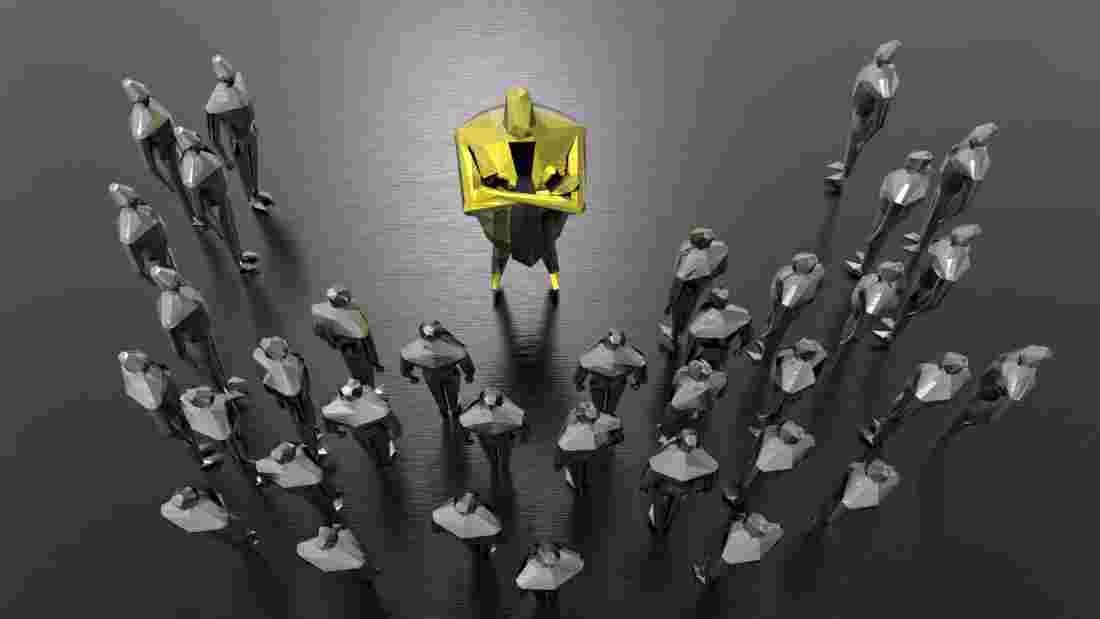Despotism is a form of government in which a single leader holds absolute power and authority over their subjects, without any checks or balances on their actions. This type of regime inevitably has a negative impact on society, leading to widespread human rights abuses, political repression, and economic stagnation.
The term despotism comes from the Greek word despotes, which means “lord” or “master”. Under a despotic regime, the ruler is the absolute master of the people and there is no limit to their power.
Historical Roots of Despotism
Throughout history, there have been numerous examples of despotic regimes that have wielded absolute power over their subjects. Ancient Egypt under the rule of the pharaohs, the Roman Empire under Julius Caesar and his successors, and Imperial China under the Qin and Han dynasties are just a few examples.
Despite their differences in culture and geography, these regimes share certain commonalities that contributed to the development of despotism.
One key factor is centralized power – in each case, a single leader or ruling class held near-absolute control over all aspects of society, including the military, economy, and religion. This concentration of power allowed these rulers to exert control over their subjects with little to no accountability.
Another factor is cults of personality – many despotic leaders throughout history have cultivated an aura of mystique and reverence around themselves through propaganda, public works projects, and other means. This can create an atmosphere where dissent is suppressed and criticism is seen as a direct challenge to the ruler’s authority.
These factors contribute to the development of despotism by creating a system where one person or group holds all the power and can use it without constraint or opposition. Without checks on this power, leaders can become increasingly authoritarian over time, leading to widespread human rights abuses and political repression.
Psychological Factors Behind Despotic Leaders
Research into the personality traits and behaviors commonly found in despotic leaders has identified a number of key factors that contribute to their desire for power and control.
One such factor is narcissism – many despots exhibit an inflated sense of self-importance, a lack of empathy for others, and a preoccupation with their own success and status.
Another common trait is aggression – despots use intimidation, violence, or other means to assert their dominance over others. They may also have a tendency towards impulsivity and risk-taking behaviour, which can lead them to make decisions that are harmful to their subjects.
These traits can be exacerbated by societal factors such as economic inequality, political instability, and social unrest. In such environments, individuals who exhibit these characteristics may be more likely to seek out positions of power as a means of exerting control over their surroundings.
Societal Factors Contributing to Despotism
Social inequality is a key factor that can create conditions ripe for despotism. When there is a large gap between the rich and poor, or when certain groups are systematically excluded from political power, it can create resentment and instability in society. Despotic leaders may exploit these divisions by positioning themselves as champions of the marginalized or promising to restore order and stability through authoritarian means.
Cases like Venezuela under Nicolas Maduro or Zimbabwe under Robert Mugabe demonstrate how economic instability can lead to the rise of authoritarian leaders. In both cases, rampant corruption and mismanagement of resources led to widespread poverty and social unrest. These conditions allowed despotic leaders to seize power by offering promises of economic stability and national pride.
Similarly, political polarization can also contribute to the emergence of authoritarian leaders. In countries like Turkey under Recep Tayyip Erdogan or Hungary under Viktor Orban, deeply divided societies provided fertile ground for leaders who promised to restore national unity through forceful means.
External factors such as war or colonization can also pave the way for despotism. Countries that have been destabilized by conflict may turn to strongman rulers as a means of restoring order, while those that have been colonized may struggle with internal divisions created by their colonial past.
Conclusion
In conclusion, this article has explored the psychological and societal factors that contribute to the emergence of despotic leaders. We have seen how traits like narcissism and aggression can lead individuals to seek out positions of power, and how societal factors like social inequality and political polarization can create conditions ripe for authoritarian rule.
For those interested in learning more about this topic, there are a number of resources available. Books like “The Anatomy of Fascism” by Robert O. Paxton or “How Democracies Die” by Steven Levitsky and Daniel Ziblatt provide in-depth analyses of the historical roots and contemporary manifestations of authoritarianism. Additionally, organizations like Freedom House or Human Rights Watch offer valuable insights into human rights abuses around the world.
Related Terms:
Monarchy – A form of government in which a single person (the monarch) has absolute power over the government and society.
Autocrat – A ruler who has absolute power over a country.
Dictator – A ruler with absolute power over a country, typically acquired through force or coercion.
Tyranny – A form of government in which a single ruler has absolute power and uses it in an oppressive way.
Totalitarianism – A political system in which the government has complete control over the lives of its citizens.
Anthropology Glossary Terms starting with D
Disclosure: Please note that some of the links in this post are affiliate links. When you use one of my affiliate links, the company compensates me. At no additional cost to you, I’ll earn a commission, which helps me run this blog and keep my in-depth content free of charge for all my readers.


